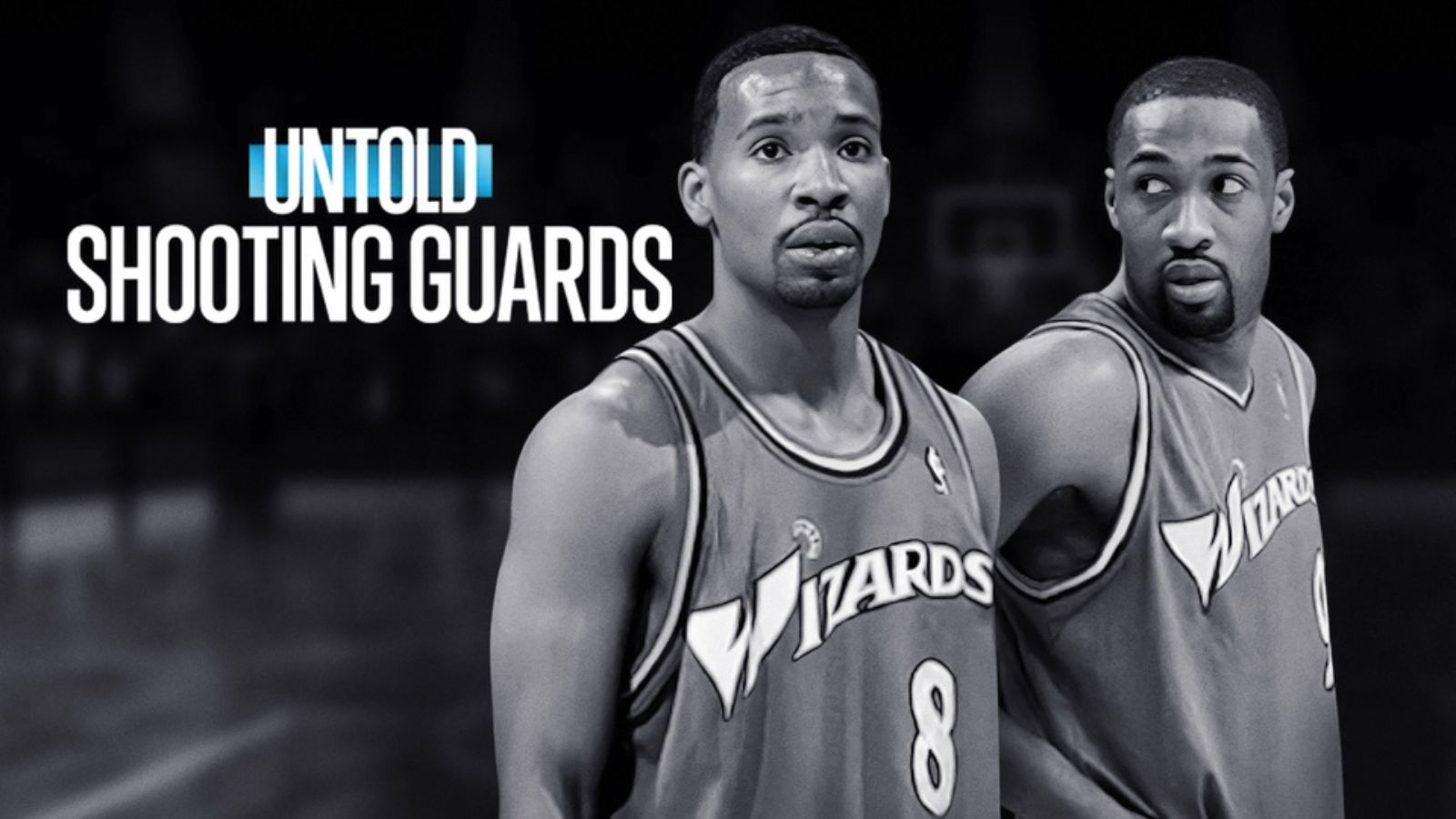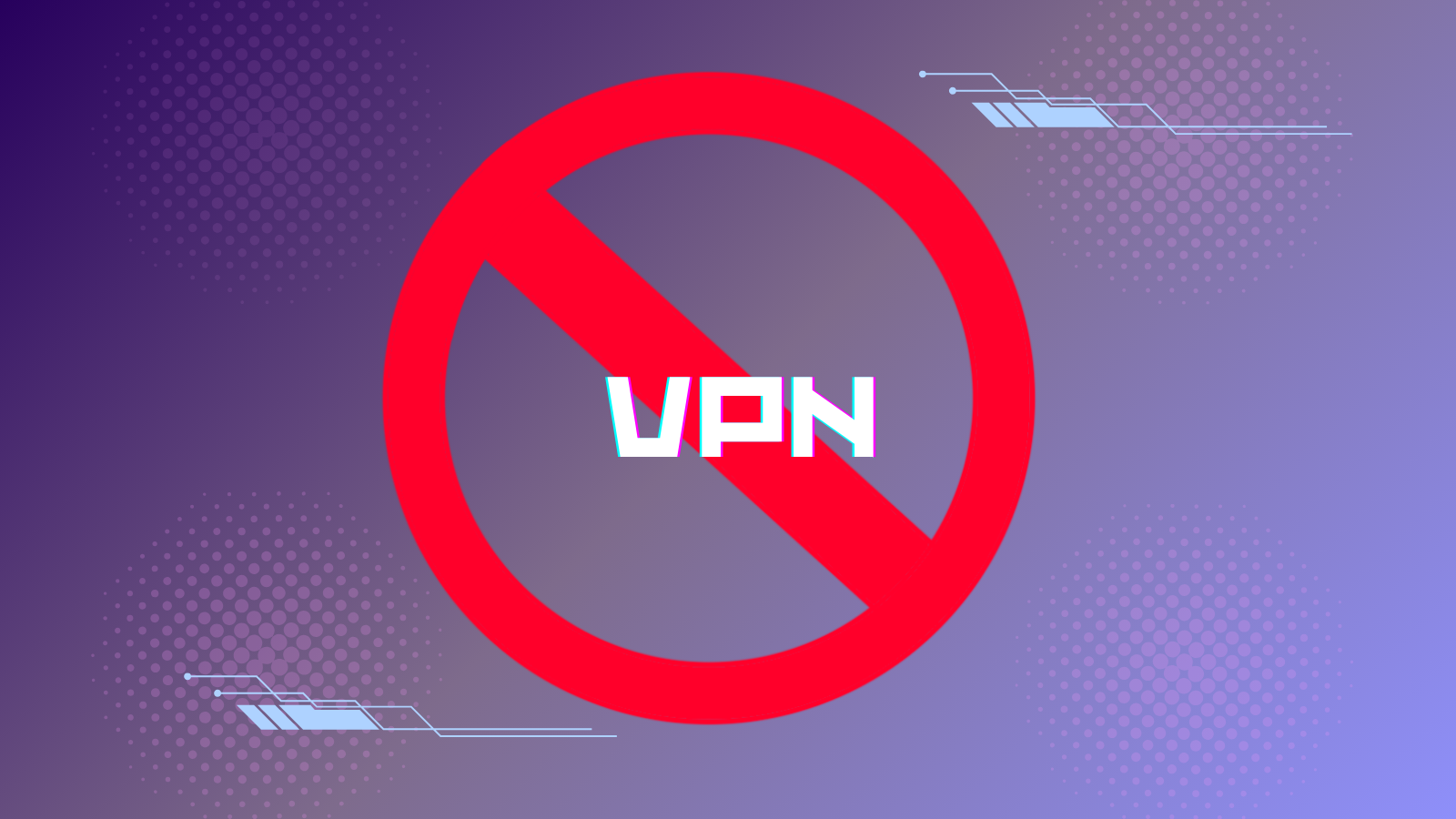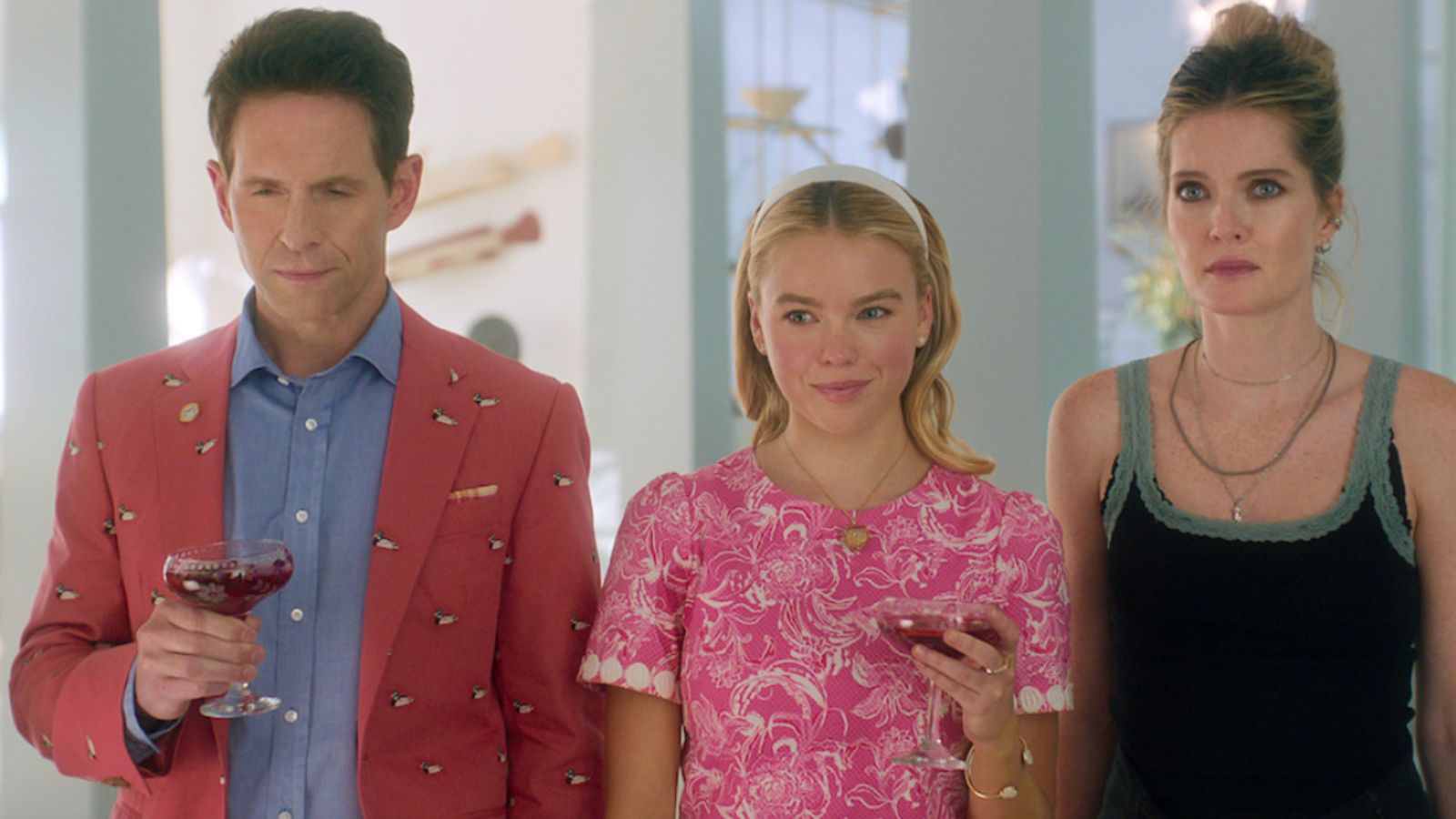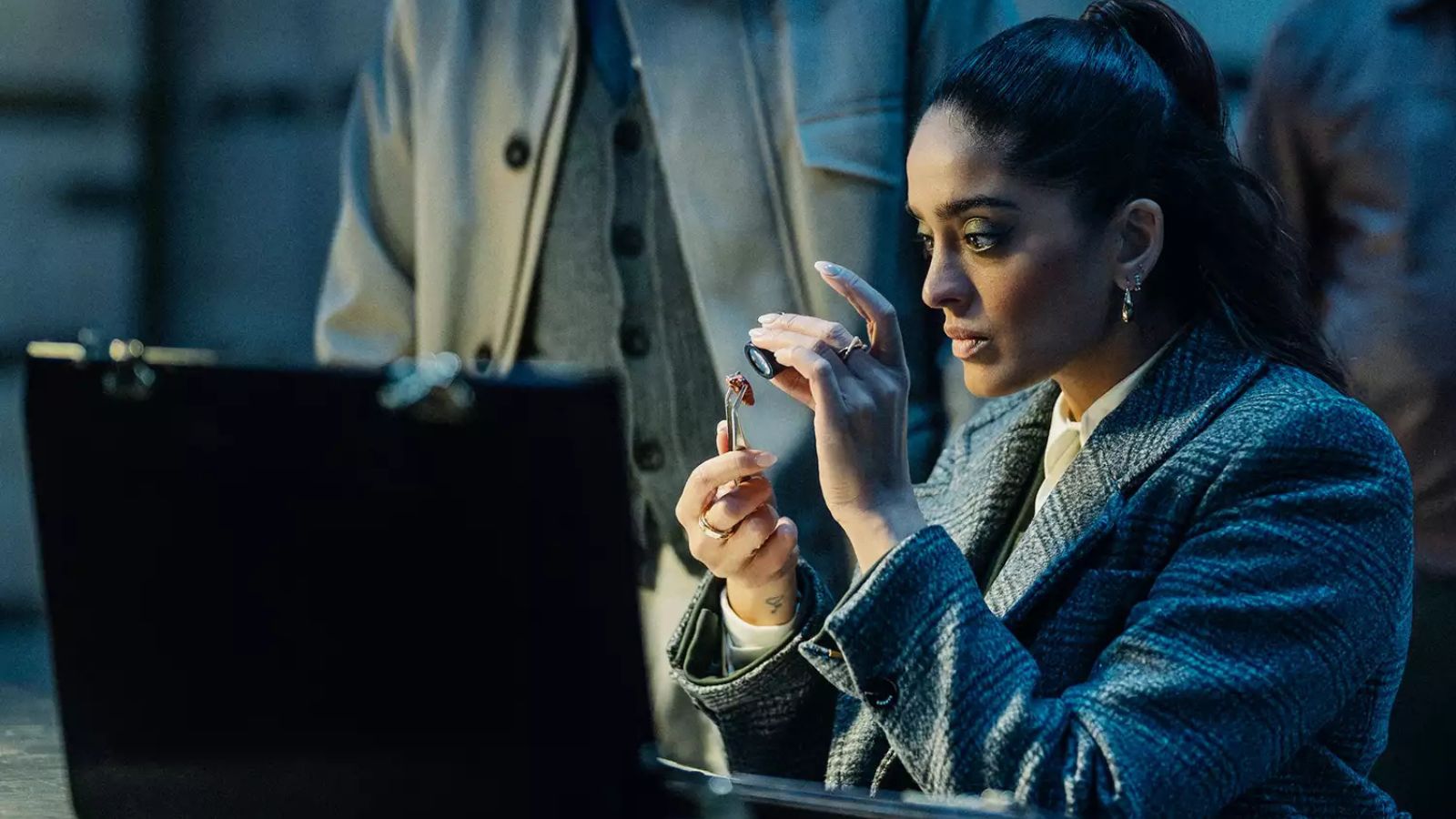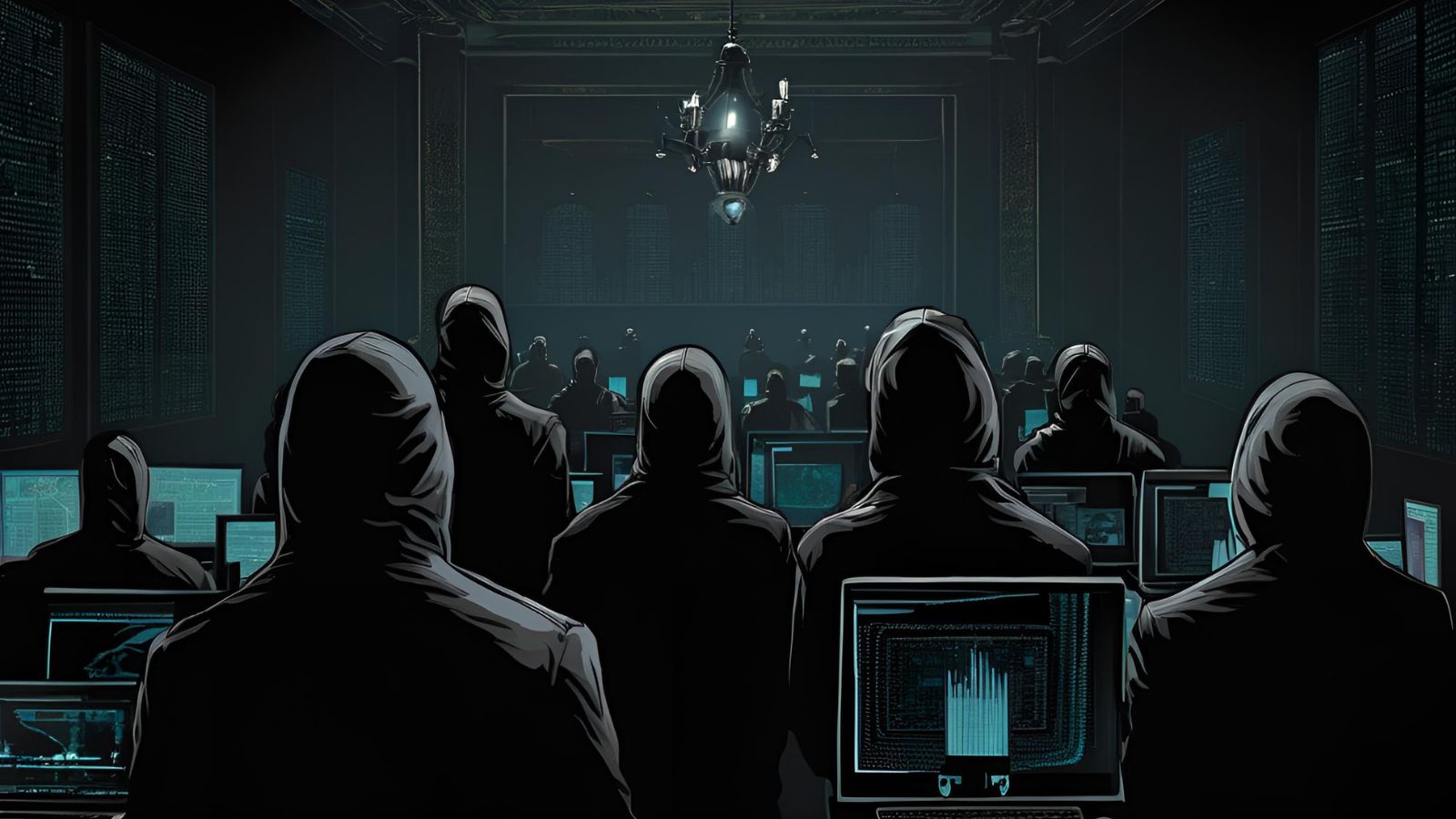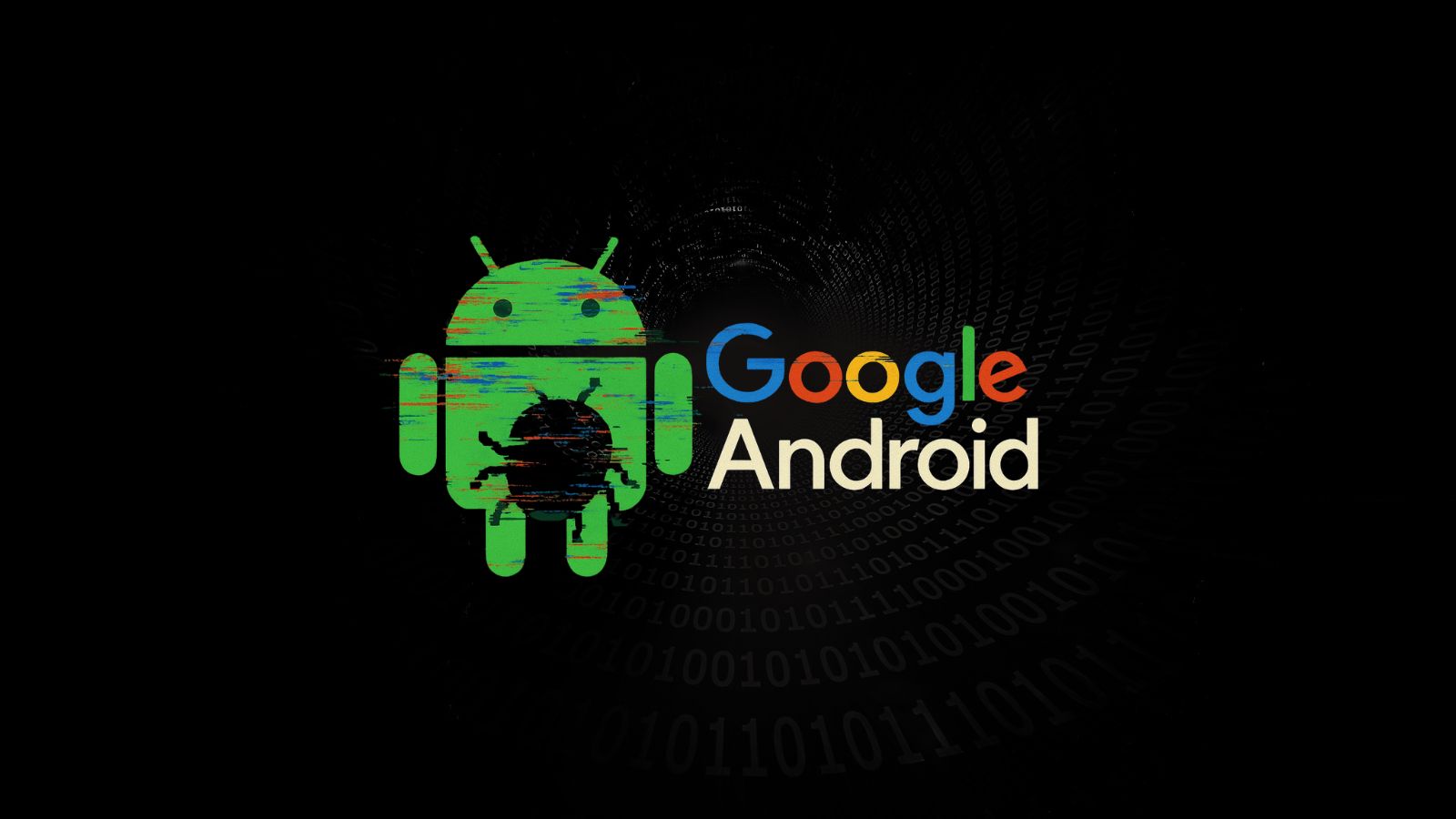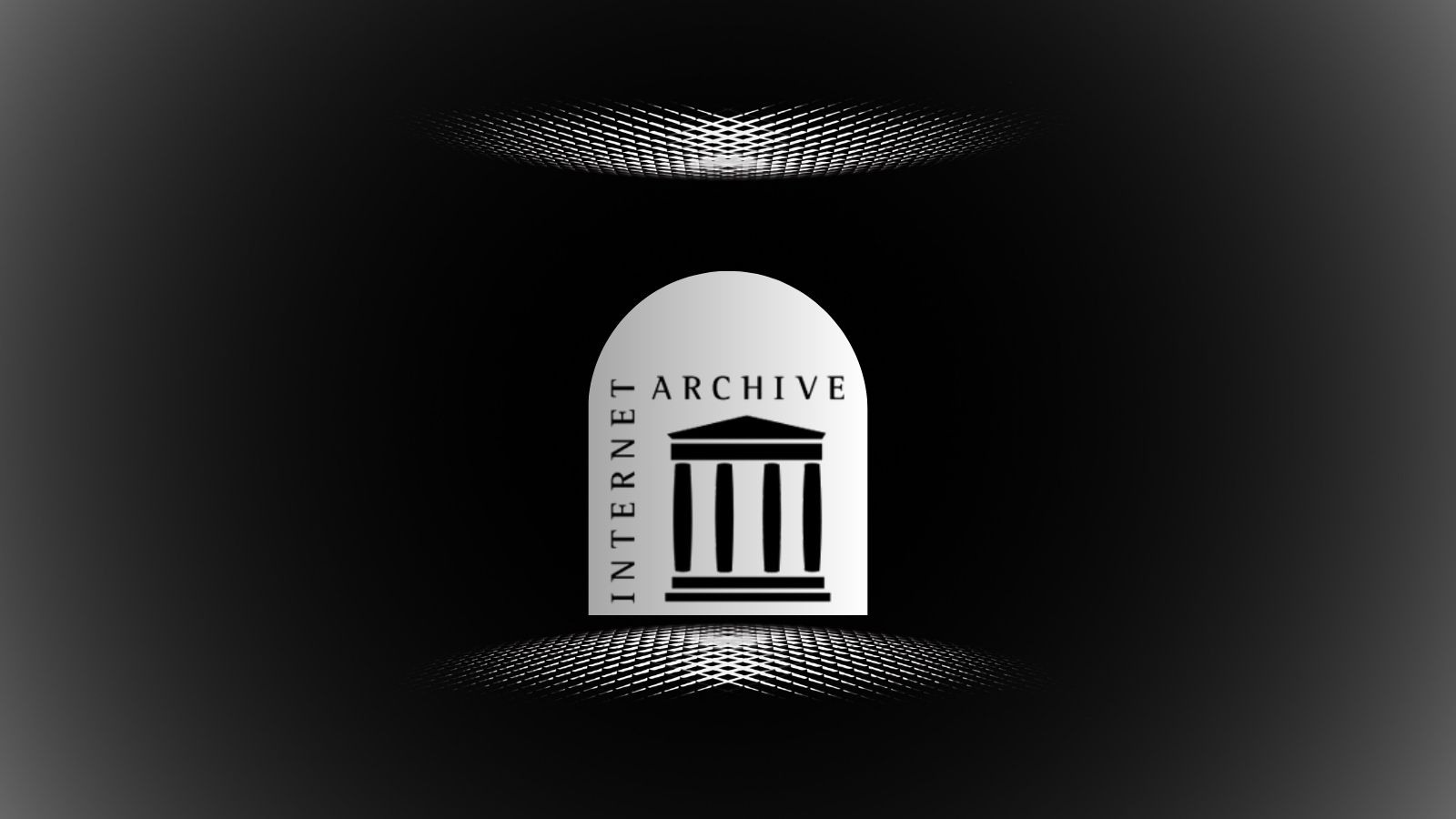
Musician Maria Schneider Wants YouTube to Identify All Copyright Infringers Since 2015
- An American musician, composer, and orchestra leader is going against all YouTube pirates.
- The person is attempting to compel YouTube to give away all the details that would identify repeat infringers.
- The musician isn’t going only after those who uploaded her work, but every infringer since 2015.
American composer and multiple Grammy Awards winner Maria Lynn Schneider has submitted a legal complaint against YouTube on the US District Court of San Francisco, asking the video platform to hand over the identification details of users who have repeatedly uploaded copyright-infringing content on the popular website. The case is unique in the sense that the musician isn’t limiting her targeting to those who have uploaded her work, but literally every “pirate” on the platform.
To make it even worse, the request is going as far back as January 1, 2015. More specifically, M. Schneider requests the court to compel YouTube to produce the following:
- Takedown Notices that copyright holders have submitted requesting Defendants remove infringing videos and documents related to such notices.
- Documents and data concerning the Defendants’ knowledge of uploaders who are repeat infringers as evidenced by multiple instances of infringing uploads identified by YouTube’s Content ID system even though YouTube did not penalize or ban them.
- Document and data retention policies.
- Usernames, email addresses, and IP addresses of the users who received takedown notices since January 1, 2015.
Basically, Schneider accuses YouTube of fostering and supporting systematic, intentional, and repeated infringement of copyrighted works, and that the video platform is allowing that because it has direct benefit from an increase in the traffic - and, as a result, its advertising revenues. The musician feels that YouTube is merely complying with some take-down requests to give the sense of operating lawfully and maintains that if the platform wanted it, it could have very easily eliminated piracy by using automated infringement detection solutions.
This is an argument made repeatedly by numerous others in the recent past. Still, it always gets stuck in proving what’s doable and also in what the court is willing to accept as evidence of feasibility. It is legally complicated, and YouTube is certainly not willing to play the game.
In response to this action, the video platform offered to hand over the requested details for the last month, characterizing Schneider’s demands as “overly broad,” “vague,” and “unduly burdensome,” also finding them disproportionate to the needs of this case. Of course, this will be up to the judge to decide, as the musician may produce proof that YouTube’s information retention system is adequately automated to rebut the argument about the practical difficulties and the alleged complexity that would make complying so cumbrous.
What the musician plans to do with the trove of data if the court approves her request remains unknown. Possibly, we would see individual cases launched by the same NY-based law firm that runs the case for her, or we may also see this data shared with or even sold to other affected artists.

